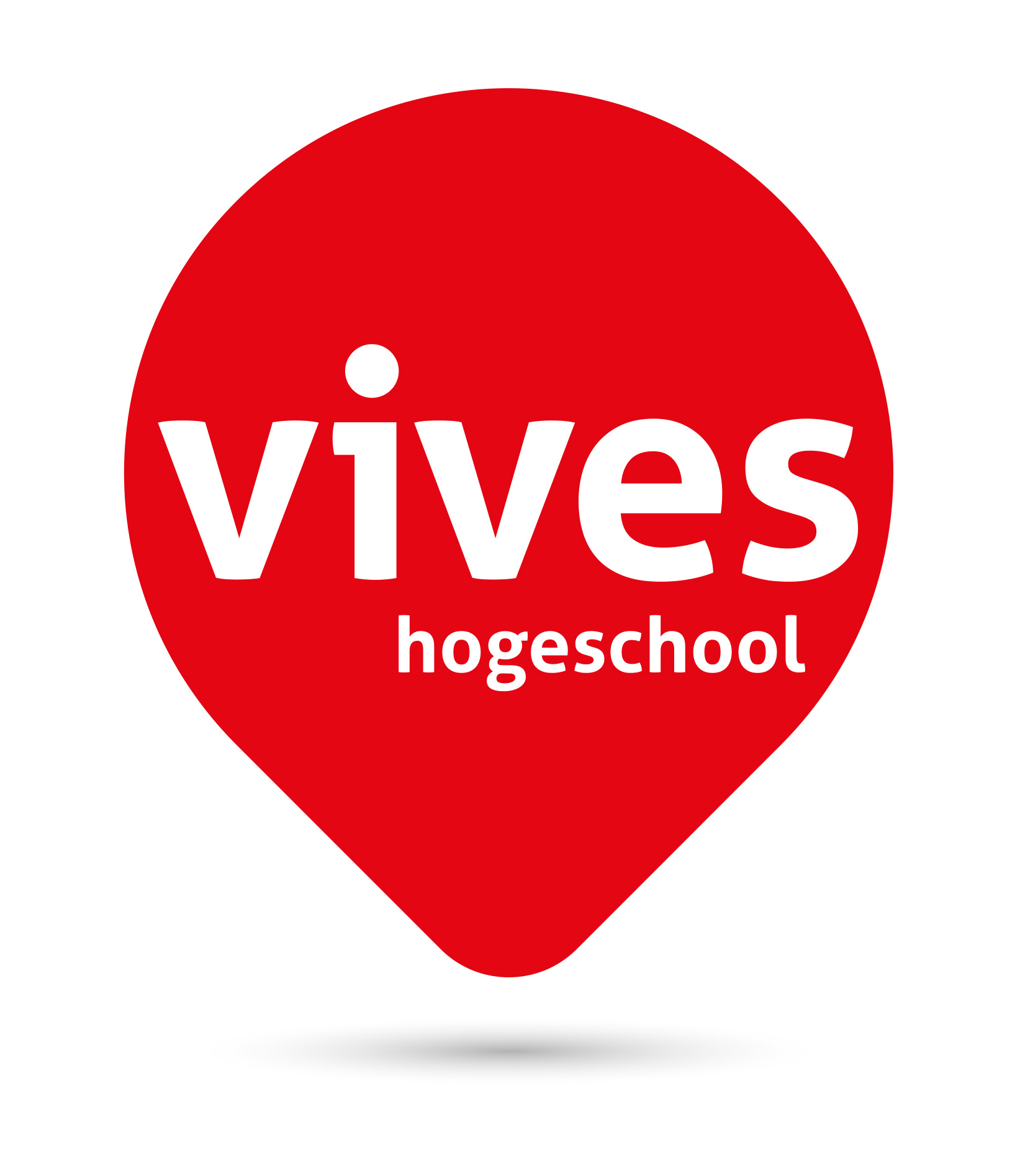About the project
The Project will propose:
-The Professional Development Program for in-service teachers and educators (PDP) with STEAM competence development guidance,
-Collection of STEAM Hands-on Good Practices (Collection),
-A Practical Handbook on Effective Development and Implementation of STEAM Teaching at School (Handbook).
The PDP aims to shift the paradigm from teaching to learning and develop the implementation of STEAM in daily teaching and learning, STEAM teachers’ competencies of using new technologies, tools, and methods. The appropriate methodological material, as well as methodology of differentiated STEAM teaching according to the achievements of students, will be provided.
The PDP will cover main STEAM thematic areas and equip educators with capacities and tools necessary for observing, analyzing, and supporting students’ learning process and achievements, linking it with science investigations, new technologies, daily situations, and real-world problem-solving.
The Handbook based on the best practices of each partner country will focus on the approaches to learning that uses Science, Technology, Engineering, the Arts and Mathematics as access points for guiding student inquiry, critical thinking, engagement in experiential learning, persistence in problem-solving, collaboration, and work through the creative process.
Designed for the educators of the 21st century, the Handbook will provide the main steps, tools, and strategies for a school to mainstream STEAM education in their activities, and develop the four main stages (planning, organizing, assessment, and implementation) of STEAM activities with examples of initiatives and best practices. This Handbook will also include practical guidance and illustrations on how to create the differentiated assignments of varying complexity (according to PISA proficiency scale) for students.
The Collection to be designed will connect students will engage students for activities in different age-groups and subjects, link with professionals in STEAM fields, to provide fantastic opportunities for deeper learning. It will include the best practices and training units (no less than 70) based on the PISA proficiency scale, STEAM projects and experiments, BYOD initiatives, cross-curricular learning examples. STEAM hands-on activities that encourage experimentation and exploration will be embedded. The examples will include guidance on the preparation, implementation, and assessment.
The international competition „STEAM challenge” will be organized, during which the students with the help of teachers will create STEAM task-challenges for students from another country.










